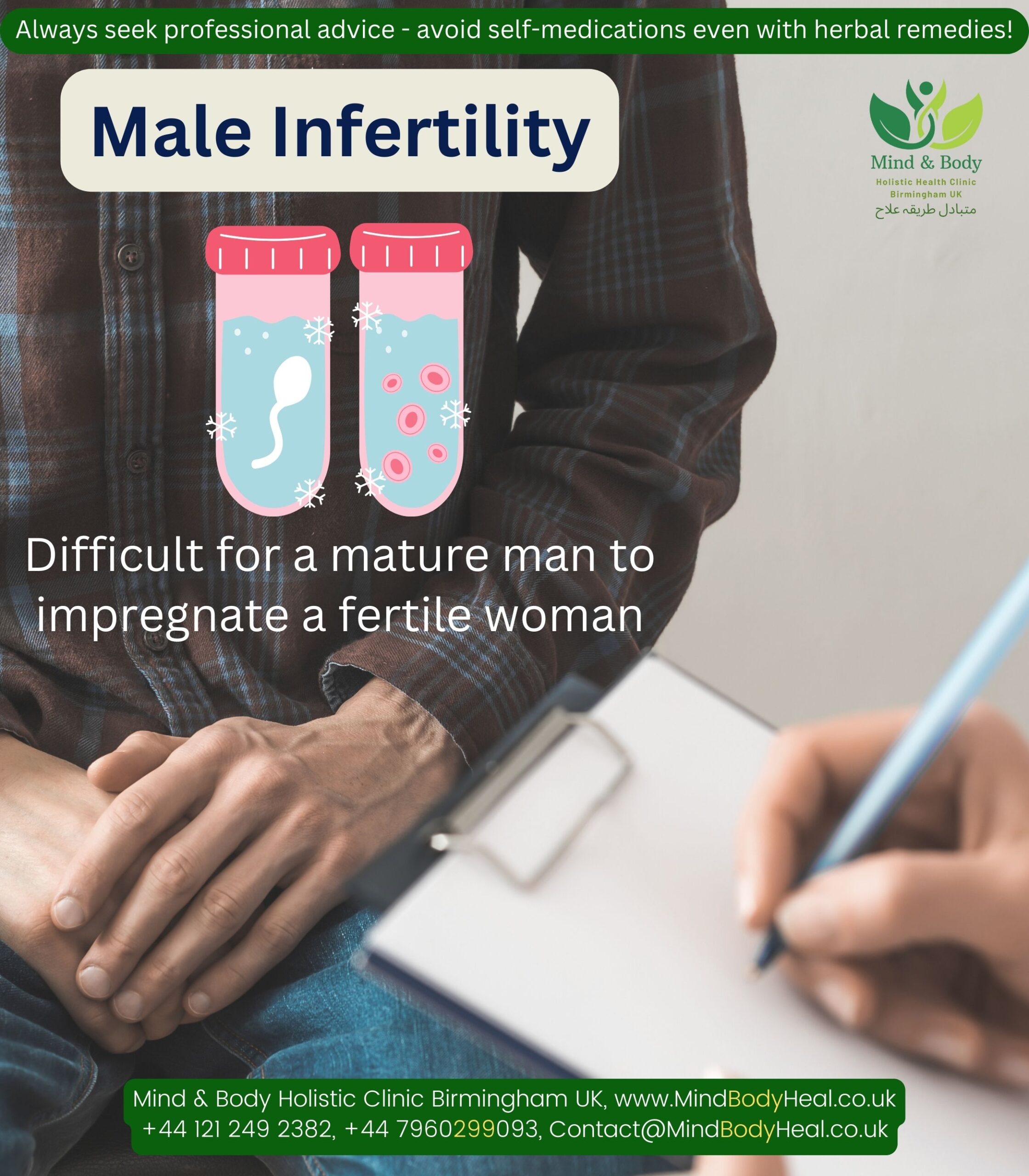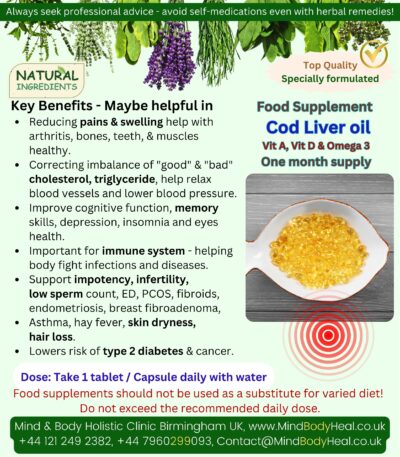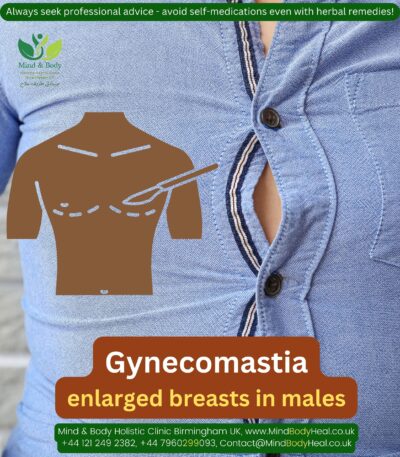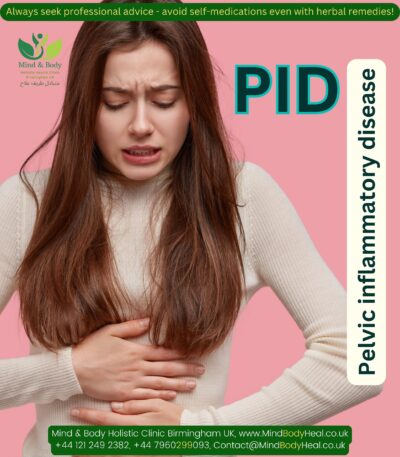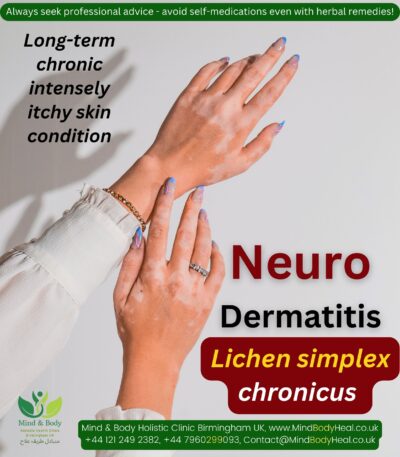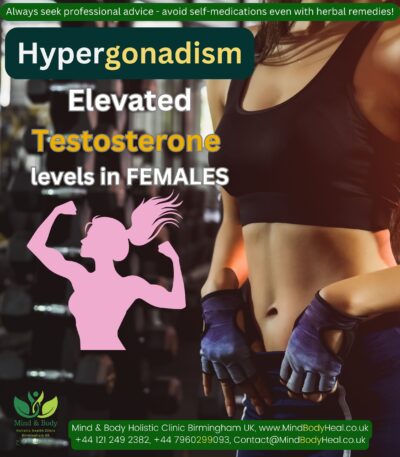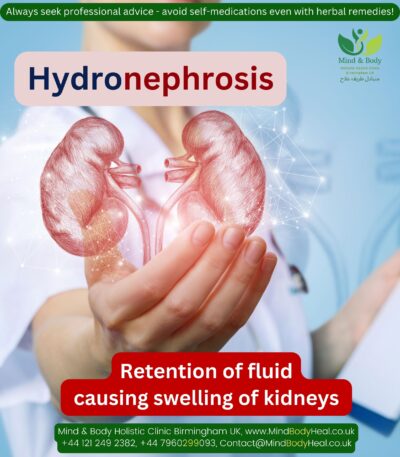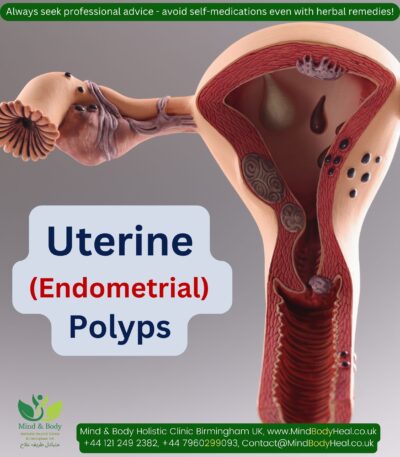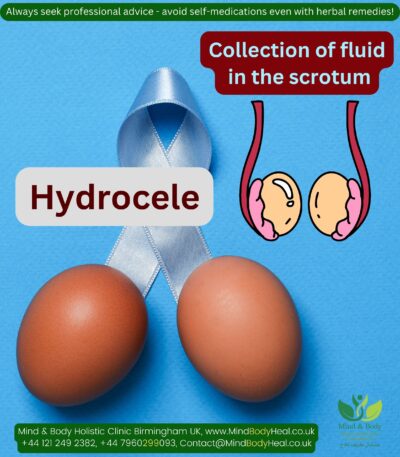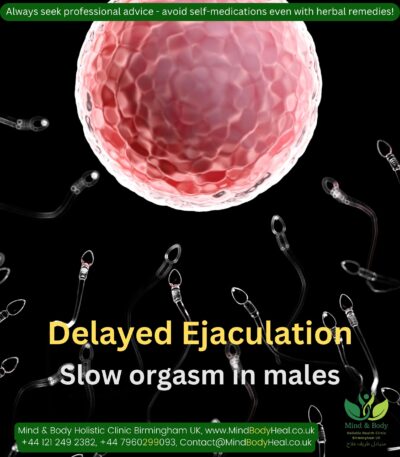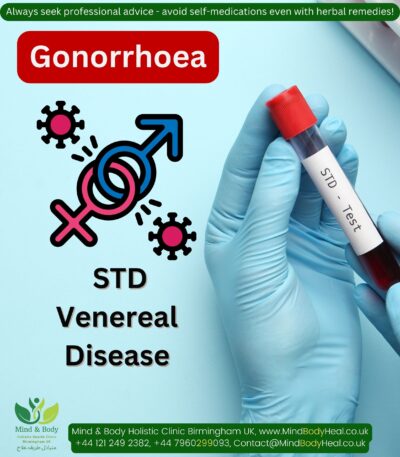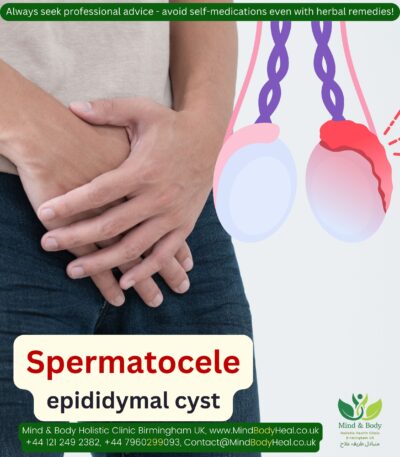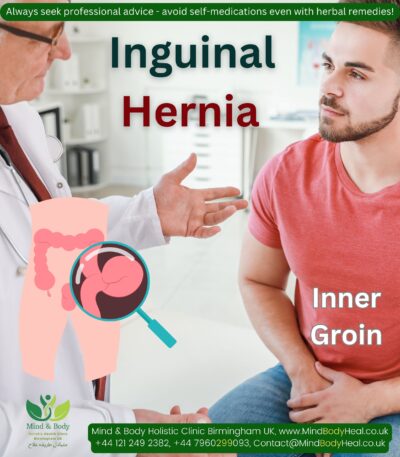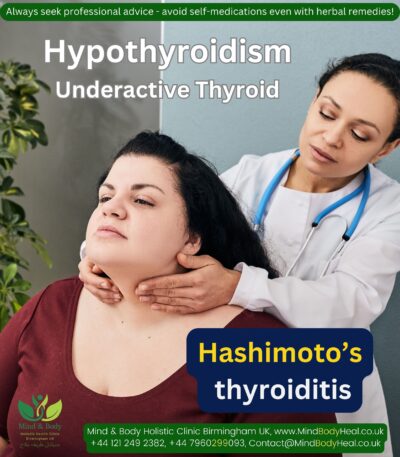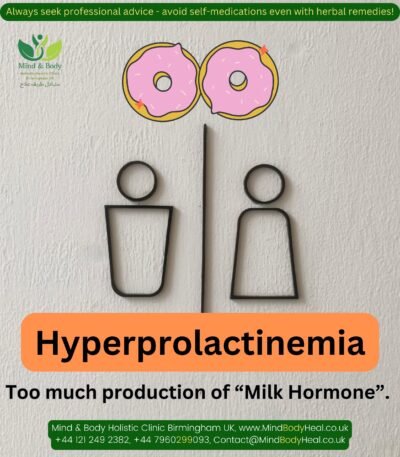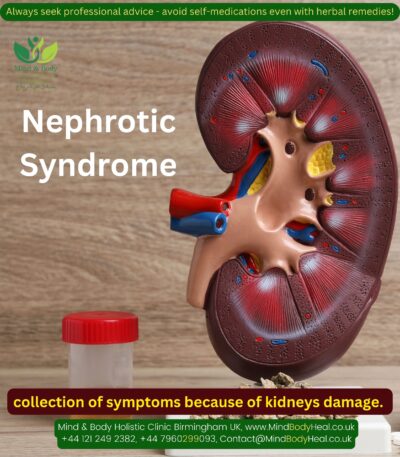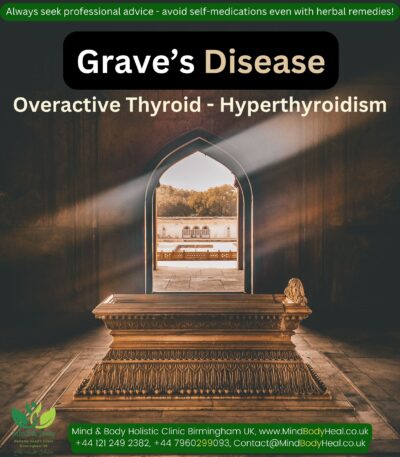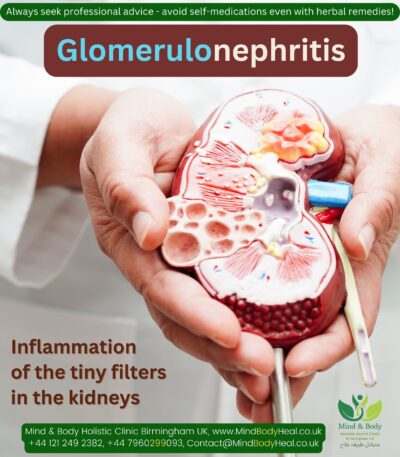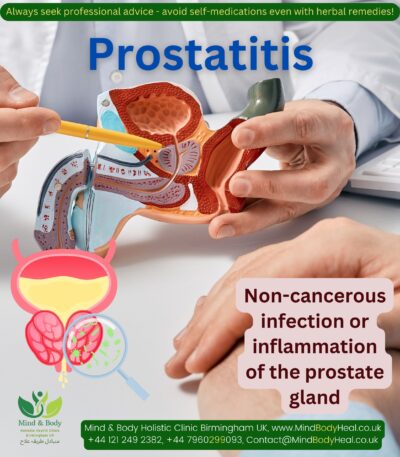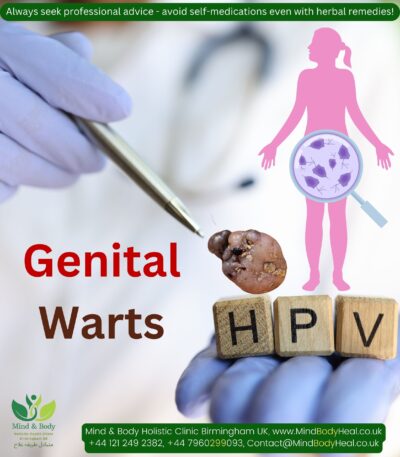Infertility means – a man may not be producing enough sperms, or the sperms maybe too slow or oddly shaped, a problem of their quantity or quality, or both.
Male infertility, the inability of a man to produce a pregnancy in a woman, that interferes with the ability of their reproductive system to impregnate a person assigned female at birth.
Infertility cases have increased all over world, especially in the last four decades!
Male infertility is responsible for 40–50% of infertility cases in humans, affecting around 10% – 15% men.
It is often caused by measurable deficits in sperm function or sperm count. The normal concentration of sperm is at least 20 million per ml of semen. Conception problems are associated with fewer than 40 million moving sperm in the ejaculate.
Semen is the whitish-gray liquid that releases from a penis upon orgasm (ejaculation).
Semen contains sperm, as well as fluids that help deposit sperm toward the back of the vagina, and proteins, vitamins and minerals that help nourish the sperm.
Typically, semen is thick and sticky.
Runny or watery semen may indicate a low sperm count, which may cause male infertility.
You must produce healthy sperm. At least one of your testicles must be functioning correctly, and your body must produce testosterone and other hormones to trigger and maintain sperm production.
Once sperm are produced in the testicles, delicate tubes transport them until they mix with semen and are ejaculated out of the penis.
There needs to be enough sperm in the semen. If the number of sperm in your semen is low, it decreases the odds that one of your sperm will fertilize your partner’s egg.
A low sperm count is fewer than 15 million sperm per milliliter of semen or fewer than 39 million per ejaculate.
Sperm must be functional and able to move. If the movement (motility) or function of your sperm is abnormal, the sperm may not be able to reach or penetrate your partner’s egg.
Conception is a complicated process, and there are many obstacles.
Male infertility can also lead to many psychological and emotional symptoms, including feelings of:
- Depression
- Grief
- Failure
- Changes in hair growth or sexual dysfunction.
Over 50 possible Causes of Male Infertility
- Age – 40 or older.
- A low production of testosterone from the testicles with symptoms such as tiredness, impotence, depression and apathy
- Male infertility is mainly caused by low sperm production (oligospermia), absence of sperm (azoospermia), malformed sperms, abnormal sperm function or blockages that prevent the delivery of sperm.
- Low sperm count: Around one third of couples have difficulty conceiving due to a low sperm count.
- Low sperm mobility (motility): The sperm cannot “swim” swiftly to reach the egg.
- Abnormal sperm: The sperm may have an unusual shape, making it harder to move and fertilize an egg.
- Blockages in the delivery of sperm, such as from a varicocele, which is an enlargement or swelling of the veins in the scrotum (testicles). Varicoceles lead to reduced sperm quantity and quality.
- Problems with sexual function or ED – difficulty maintaining an erection.
- Difficulty with ejaculation or small volumes of fluid ejaculated.
- Loss of libido or reduced sexual desire,
- Abnormal breast growth (gynecomastia)
- Pain, discomfort, a lump or swelling in the testicle area
- A groin, testicle, penis or scrotum surgery
- Use of certain medicines, such as sulfasalazine, anabolic steroids, and chemotherapy drugs, can cause infertility
- Environmental factors: Exposure to heat, toxins, toxic chemicals, pesticides, herbicides, organic solvents, painting materials, and heavy metals (lead, mercury) can reduce sperm production or function
- Lifestyle factors: intake of processed food or poor nutrition
- Genetic factors: A man should have an X and Y chromosome. If he has two X chromosomes and one Y chromosome, as in Klinefelter’s syndrome, the testicles will develop abnormally and there will be low testosterone, and a low sperm count or no sperm.
- Antioxidants – Free radicals
- Mumps: If this occurs after puberty, inflammation of the testicles may affect sperm production.
- Hypospadias: The urethral opening is under the penis, instead of its tip. This abnormality is usually surgically corrected in infancy. If the correction is not done, it may be harder for the sperm to get to the female’s cervix. Hypospadias affects about 1 in every 500 newborn boys.
- Cystic fibrosis: This is a chronic disease that results in the creation of a sticky mucus. This mucus mainly affects the lungs, but males may also have a missing or obstructed vas deferens. The vas deferens carries sperm from the epididymis to the ejaculatory duct and the urethra.
- Certain disease or medical conditions that are sometimes linked to lower fertility in males are anaemia, Cushing’s syndrome, diabetes.
- Infections, including epididymitis, orchitis, infected semen, Infection in the prostate gland and sexually transmitted infections (STIs), including gonorrhea or HIV.
- Cancer treatments, including chemotherapy or surgical removal of your testicles (orchiectomy).
- Damaged sperm ducts
- Heating of the testicles due to electromagnetic frequencies – habits like keeping a laptop on your lap and a cell phone in your pants pocket or using hot tubs and saunas.
- Hot baths, sitting for long periods of time and tight-fitting underwear that constricts the testes can all elevate temperatures long enough to suppress sperm production.
- The anti-ulcer drugs cimetidine and ranitidine reported to decrease sperm count and produce impotence.
- Emotional stress
- Eating Disorders
- Obesity – may cause sexual dysfunction
- Have a history of undescended testicles.
- Take testosterone to treat low testosterone.
- Retrograde ejaculation occurs when semen enters the bladder during orgasm instead of emerging out the tip of the penis. Various health conditions can cause retrograde ejaculation, including diabetes, spinal injuries, medications, and surgery of the bladder, prostate or urethra.
- Antibodies that attack sperm. Anti-sperm antibodies are immune system cells that mistakenly identify sperm as harmful invaders and attempt to eliminate them.
- Cancers and nonmalignant tumors can affect the male reproductive organs directly, through the glands that release hormones related to reproduction, such as the pituitary gland, or through unknown causes.
- Hormone imbalances. Infertility can result from disorders of the testicles or an abnormality affecting other glands including the hypothalamus, pituitary, thyroid and adrenal glands. Low testosterone (male hypogonadism) and other hormonal problems have a number of possible underlying causes.
- Defects of tubules that transport sperm.
- Blockage can occur at any level, including within the testicle, in the tubes that drain the testicle, in the epididymis, in the vas deferens, near the ejaculatory ducts or in the urethra.
- Chromosome defects. Inherited disorders such as Klinefelter’s syndrome — in which a male is born with two X chromosomes and one Y chromosome (instead of one X and one Y) — cause abnormal development of the male reproductive organs. Other genetic syndromes associated with infertility include cystic fibrosis and Kallmann’s syndrome.
- Problems with sexual intercourse. These can include trouble keeping or maintaining an erection sufficient for sex (erectile dysfunction), premature ejaculation, painful intercourse, anatomical abnormalities such as having a urethral opening beneath the penis (hypospadias), or psychological or relationship problems that interfere with sex.
- Celiac disease is a digestive disorder caused by sensitivity to a protein found in wheat called gluten. The condition may contribute to male infertility. Fertility may improve after adopting a gluten-free diet.
- Certain medications including flutamide, spironolactone and bicalutamide, testosterone replacement therapy, some ulcer and arthritis drugs and certain other medications can impair sperm production and decrease male fertility.
- Radiation or X-rays. Exposure to radiation can reduce sperm production, though it will often eventually return to normal. With high doses of radiation, sperm production can be permanently reduced.
- Sitting for long periods, wearing tight clothing or working on a laptop computer for long stretches of time also may increase the temperature in your scrotum and may slightly reduce sperm production. But, the research isn’t conclusive.
- Health, lifestyle and other causes
- Some other causes of male infertility include:
- Alcohol use. Drinking alcohol can lower testosterone levels, cause erectile dysfunction and decrease sperm production. Liver disease caused by excessive drinking also may lead to fertility problems.
- Cocaine, marijuana, tobacco smoking. Men who smoke may have a lower sperm count than do those who don’t smoke. Secondhand smoke also may affect male fertility.
- A female partner over age 35
FREE Shipping included – Usually dispatched within 1 – 2 working days!
Are you concerned about your health or managing a recurring or chronic condition?
Our website provides informed guidance and initial supportive care for individuals who are finding it difficult to access their doctors or who have not experienced desired improvement with conventional options.
We help individuals explore a range of natural and holistic healing approaches to encourage balance and long-term wellness that may complement your healing journey.
We offer a ready-to-use complementary remedies kit designed to ease discomfort and support well-being, with clear instructions for each item.
The kit includes a personalised selection of remedies based on your signs, symptoms, and likely causative factors.
It may combine homeopathic medicines, herbal or daily supplements, a tailored diet plan, lifestyle guidance, practical tips, and topical applications where needed. It’s suitable if you value the healing potential of natural, holistic remedies.
Complementary remedies work best alongside standard medical treatments and can usually be taken safely with your regular medications.
Our homeopathic remedies follow Dr. Hahnemann’s traditional dilution and succussion methods and are prepared by a qualified naturopathic practitioner, supported by research, clinical experience, and observed outcomes in similar cases. Treatment duration can range from a few weeks to several months, depending on severity and chronicity. Outcomes vary with individual factors and case complexity.
If you prefer lactose pills instead of sucrose globules, let us know. Please also provide the patient’s age so we can supply appropriately sized pills. You can simply send this via WhatsApp at 07960 299 093.
These remedies may contain trace amounts of natural plant, mineral, or animal substances, preserved in medical-grade alcohol. Inform us of any allergies or dietary restrictions before purchase.
You may contact us before starting or book a detailed consultation (in person or via teleconsultation) with one of our experienced naturopath for your detailed assessment or personalized guidance.
Natural remedies can affect the body and may not suit everyone. At the start of treatment, some patients—especially with mental health or skin issues—may experience a temporary increase in symptoms. This may represent medicinal aggravation, indicating the body is responding, though symptoms may not be connected and simply coincidental. If they persist, contact us for support.
Why some patients choose natural, complementary or holistic remedies:
• Symptomatic relief and improved well-being
• Gentle options with fewer side effects
• Whole-person focus, addressing physical, emotional, and lifestyle factors
• Root-cause and preventive emphasis
• Encouragement of active self-care
• Support alongside conventional treatment
• Personalised and accessible care
Precautions:
• Inform your healthcare provider about any complementary therapies
• Some herbs or supplements may interact with conventional medications
• Do not replace conventional treatment for serious, chronic, or terminal conditions
These complementary remedy kits are provided for your own discretion and personal responsibility. Use them mindfully and avoid self-medicating in sensitive situations.
If you are looking for a specific remedy / kit not listed on our site or a customized formulation, contact us—our range is extensive and can be tailored to your physical and mental symptoms and causative factors.
Disclaimer:
Natural remedies—including homeopathic remedies, herbal supplements, and aromatherapy products—are generally safe for most people, including children and older adults. Still, consult your GP or healthcare provider before use, especially if pregnant, breastfeeding, or managing chronic or serious conditions.
- Our remedies support general wellness and are not a substitute for medical advice.
- Review product details and make informed decisions before purchasing, particularly for ongoing or serious concerns.
- We provide general guidance only; detailed personalised consultations are not available through this platform.
- These remedies are intended for individuals able to follow instructions independently.
- Our support focuses on product use and general information; repeated or highly detailed personal queries may not receive individual responses.
- If you need frequent reassurance or highly tailored advice, please consult a qualified naturopath or healthcare provider before purchasing.
Due to strict UK regulations on the sale of medicinal products, we cannot give specific advice, without a face-to-face consultation.


